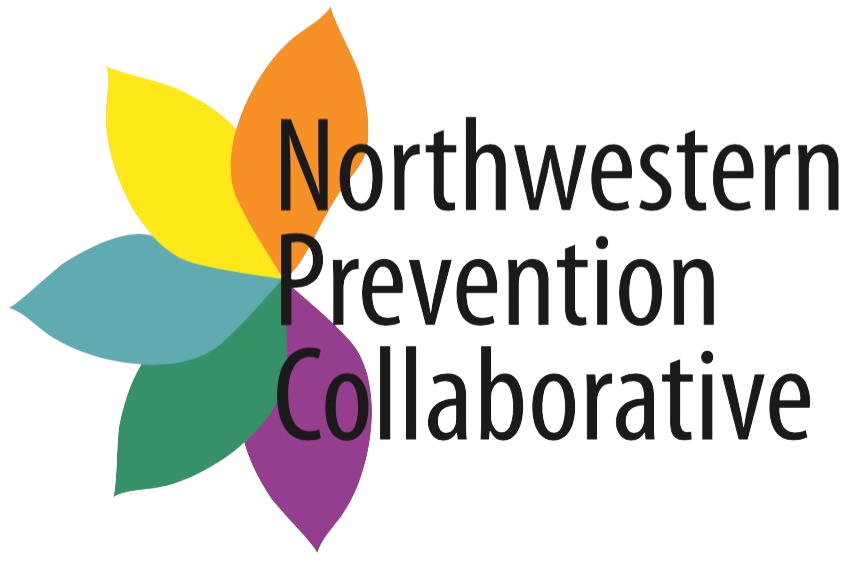When we conducted recovery interviews last September, we asked our interviewees what they would say to someone who wants to achieve recovery from a substance use disorder but thinks they can’t do it. While many of the recovery tips were in the individual videos and stories, we thought it would be helpful to consolidate them into one article. Because there was a lot of overlap between what was said, we are paraphrasing these as general tips, rather than giving credit to any one particular individual.
- Find what works for you. Every person interviewed had a different story of recovery. Some experienced what they considered a miraculous healing and quit cold turkey. Others went through Medication-Assisted Recovery. Some used Narcotics Anonymous or Alcoholics Anonymous, while others turned to a church family or a local peer support specialist. There was no right or wrong path. The journeys were as unique as each individual.
- Build a support system. Recovery isn’t something you can do on your own—or at least, most people cannot—because doing so increases your sense of isolation. Addiction feeds off of loneliness and isolation, our interviewees insisted. Know that it is okay to ask for help, and reach out to others. Let them know that you want to try to overcome your SUD. Tell them how they can help. Be honest and straightforward when you are struggling. You can find support from family, friends, church groups, doctors, peer support specialists, Narcotics Anonymous/Alcoholics Anonymous, a sponsor, and others.
- Expect to change your life. You may have to completely change what you were doing. Part of recovery is identifying your triggers and avoiding those things. That journey may take a while. For some people, it might be the people they are with, while for others, it is the places they go. For some, it could be both. Situations can be a trigger. A job could be a trigger. Being honest about the root of those can be difficult, but figuring it out is critical to your recovery. This is an area where therapy/counseling can help. It is also necessary for you to be clear with others about what your triggers are. You might be surprised at the support you receive!
- Keep going, it gets better. Folks told us that there will be times when it seems like it will never end, and that turning point will never come. But it does. Every one of them promised that it does come. Be strong, they said, because your new life is worth it. Which brings us to our last point.
- It’s worth it. YOU are worth it. The rebuilt relationships with loved ones, the rediscovered joy in the simple things of life such as hiking or reading, are priceless. Recovery is hard, but it rewards you with gifts you never thought possible.
If you want to begin your journey of recovery, check out our resources page and remember: you are not alone. In addition to professional counselors, there are many people with lived experiences can provide you with recovery tips and support. We are all here to help you.

